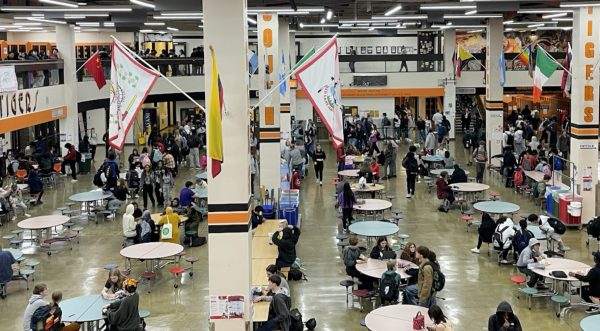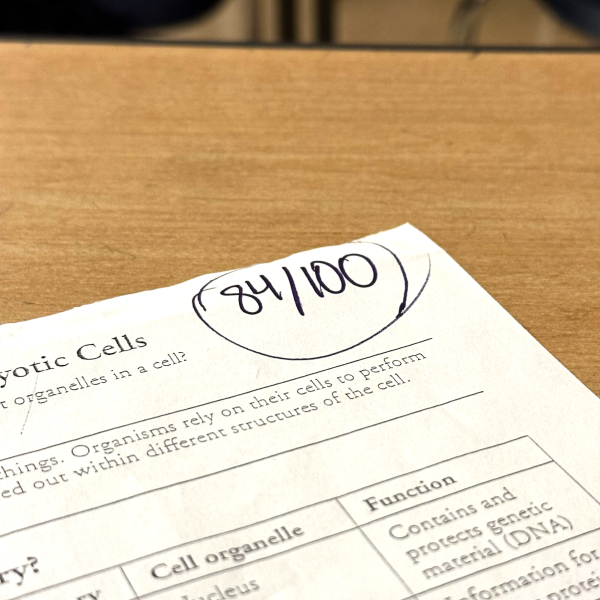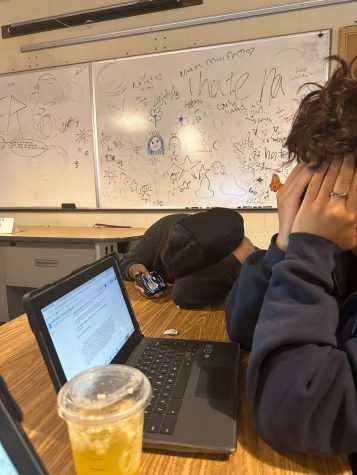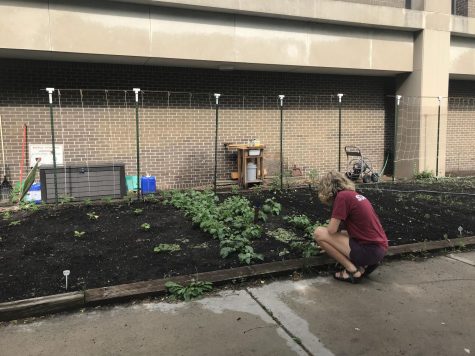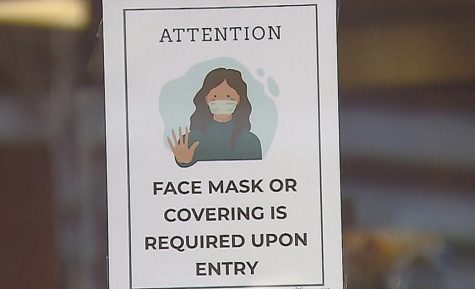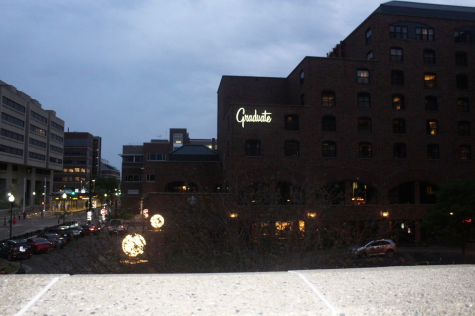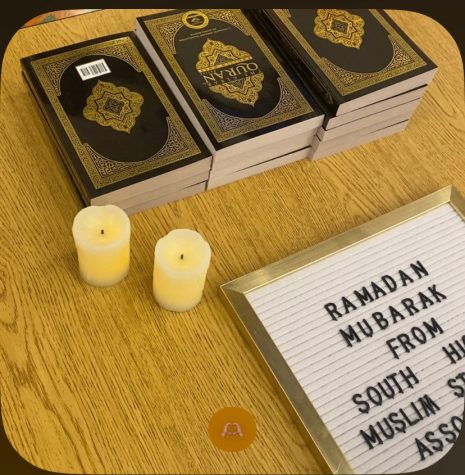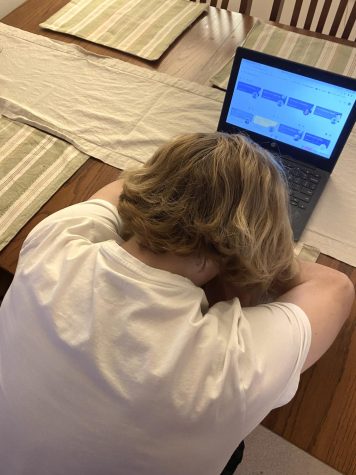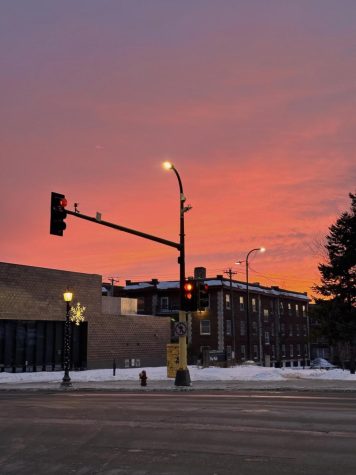World religions class could reduce ignorance and disrespect
April 29, 2014
“I always tell my students we tend to…see other religions narrowly,” said Professor Jeanne Kilde, director of the Religious Studies program at the University of Minnesota, Twin-Cities. She explained that we as a population are undereducated about religions or cultures other than our own, leaving us unable to capably deal with diversity.
“Knowing about different religions and cultures is helpful throughout life as it helps us deal with difference,” Kilde added.
Recently I witnessed several non-Muslim South students posting images to popular social networking sites like Instagram and Twitter wrapping their heads in scarves, imitating Muslim people.
Many students at South put little thought into cultural understanding, perceiving themselves as accepting and politically correct while making huge assumptions about the people around them.
None of these students realize how insensitive they are being. I want to ask why they think it’s funny to make fun of not only Muslim culture. Perhaps they are uneducated about the religions and cultures they poke fun at.
Kilde addressed the way that this type of ignorance has become increasingly normalized in our culture. People do not see this as a problem and are reluctant to address it at all.
Although South is going to have a world religions class added to its curriculum next year as an elective, there is a concern that the students who truly need the class will not take it. This class would be beneficial to every single South student.
Electives are often seen as an opportunity to have fun, and having a religion and culture class competing with band or ceramics won’t serve anyone’s best interest.
Many events in our school community, from the everyday to the extreme, have demonstrated that we need to place more value on tolerance. Religion classes should be a required part of each student’s education.
This is ideal, but perhaps not entirely realistic. Having this class added into the curriculum, even as just an elective, will help create awareness in the student body about our intentional and unintentional ignorance. Kilde said,
“Religion is such an important part of different cultures, and in many lives. Through this type of class you can really alleviate and address some of the prejudices people have.”
Richard Nohel, an AP Human Geography teacher, taught a World Religions class at Edison prior to coming to South. He would love to teach one next year, but an issue at Edison was that the enrollment was very low, with only six students in the class.
“Religion is one of the most personal things, and I think that many people are resistant to learning about other cultures and religions” Nohel explained. As students, we need to decide to become more educated about those around us and get rid of our assumptions.
Senior Ezra Koetz said that he doesn’t know enough about the religions or cultures present at South. He also said that it would be interesting to take a world religions class, but he would not necessarily prioritize taking it over other classes.
Koetz gave examples of times he feels he’s lacked knowledge about the cultures and religious practices of other students at South. “Somali students can leave class and go pray. There’s a little room to go pray, because they have to pray 5 times a day. I didn’t know that, and I don’t think a lot of people do,” Koetz explained.
As I was also unaware, I did some research and discovered that it is a Muslim religious custom, not a Somali cultural custom, to pray five times a day.
South is very diverse school; we are impacted by many different religious and cultural influences. Our community would be healthier if students were more aware and able to appreciate differences.
Why, if South is interested in preserving elements important to students cultures and their religions, is there so little conversation about the beauty in the diversity amongst us? One of the greatest things about South has always been the many different groups of people here, and in order to celebrate this difference we must educate ourselves.
As Kilde shared, even knowing some of the right questions can help us to find ways to talk about our prejudices and address our lack of knowledge. Taking the time to learn about each others’ differences can help us to become a more educated generation, reducing discomfort and misunderstanding.
It should not be up to students to decide to take a religions and culture class. It is necessary and should be required for everyone.


